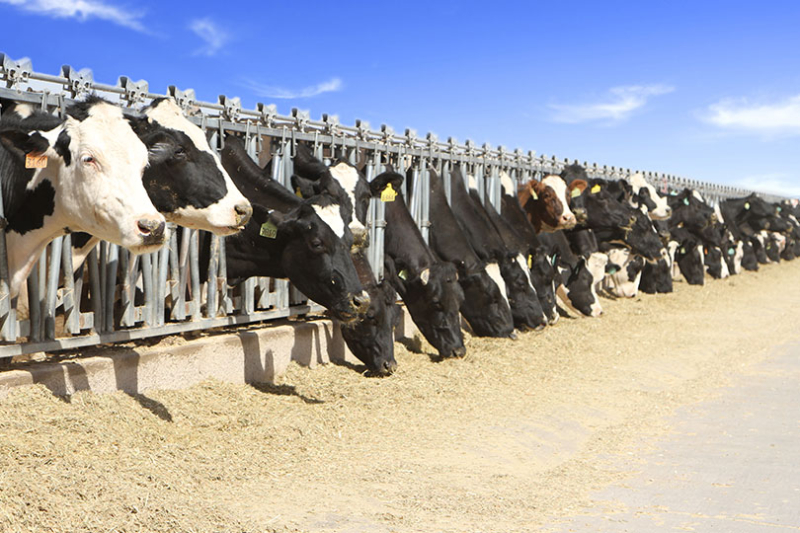The U.S. Department of Agriculture (USDA) issued a federal order that requires lactating dairy cattle scheduled to move interstate to first be tested for the presence of highly pathogenic H5N1 avian influenza.
USDA announced the order on Wednesday, April 24, and it goes into effect Monday, April 29.
Texas animal health officials and the American Farm Bureau Federation are reviewing the order and requesting clarification of certain provisions be provided by USDA. Additional guidance details will be released by USDA on Thursday, April 25.
Mandatory testing
Prior to interstate movement, dairy cattle are required to receive a negative test for Influenza A virus at an approved National Animal Health Laboratory Network laboratory.
Owners of herds in which dairy cattle test positive for interstate movement will be required to provide epidemiological information, including animal movement tracing.
Dairy cattle moving interstate must adhere to conditions specified by USDA’s Animal and Plant Health Inspection Service (APHIS).
Mandatory reporting
Laboratories and state veterinarians must report positive Influenza A nucleic acid detection diagnostic results (e.g. PCR or genetic sequencing) and Influenza A serology diagnostic results in livestock to USDA APHIS.
H5N1 in dairy cattle
Federal and state officials first identified H5N1 in dairy herds in Texas in late February.
“Based on findings from Texas, the detections appear to have been introduced by wild birds,” APHIS said in a press release.
The U.S. Food and Drug Administration (FDA) announced this week that H5N1 “viral particles” had been detected in grocery store milk, but officials noted there were few samples like that. Due to the findings, FDA is conducting more nationwide testing.
In a call with reporters, U.S. Secretary of Agriculture Tom Vilsack stressed the safety of the milk supply, noting the pasteurization process has been shown to kill the virus.
Highly pathogenic avian influenza “has already been recognized as a threat by USDA, and the interstate movement of animals infected with HPAI is already prohibited,” USDA’s federal order said. “However, the detection of this new distinct HPAI H5N1 virus genotype in dairy cattle poses a new animal disease risk for dairy cattle, as well as an additional disease risk to domestic poultry farms, since this genotype can infect both cattle and poultry.”


Leave A Comment